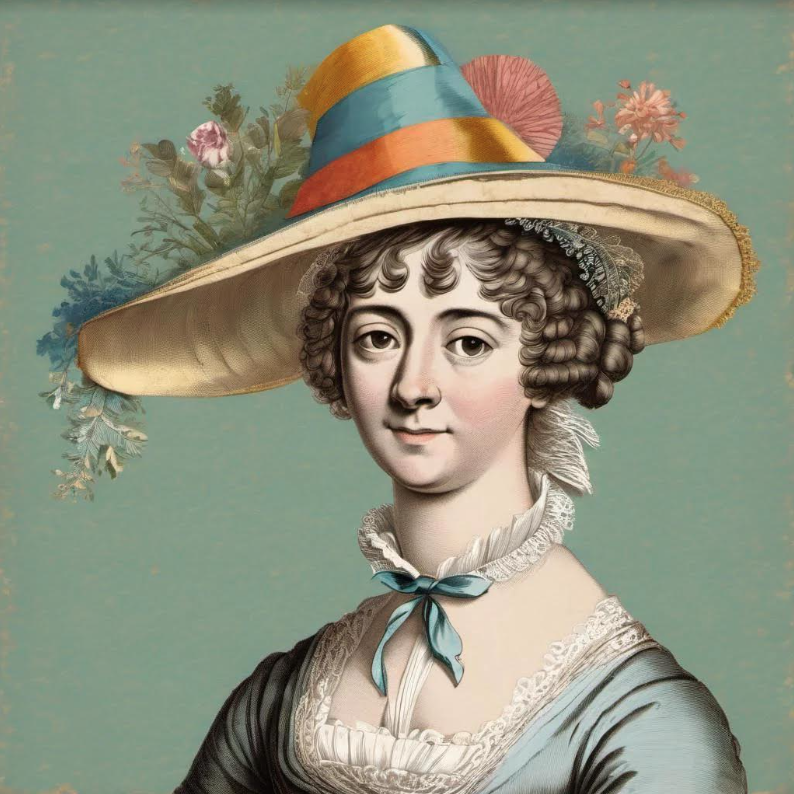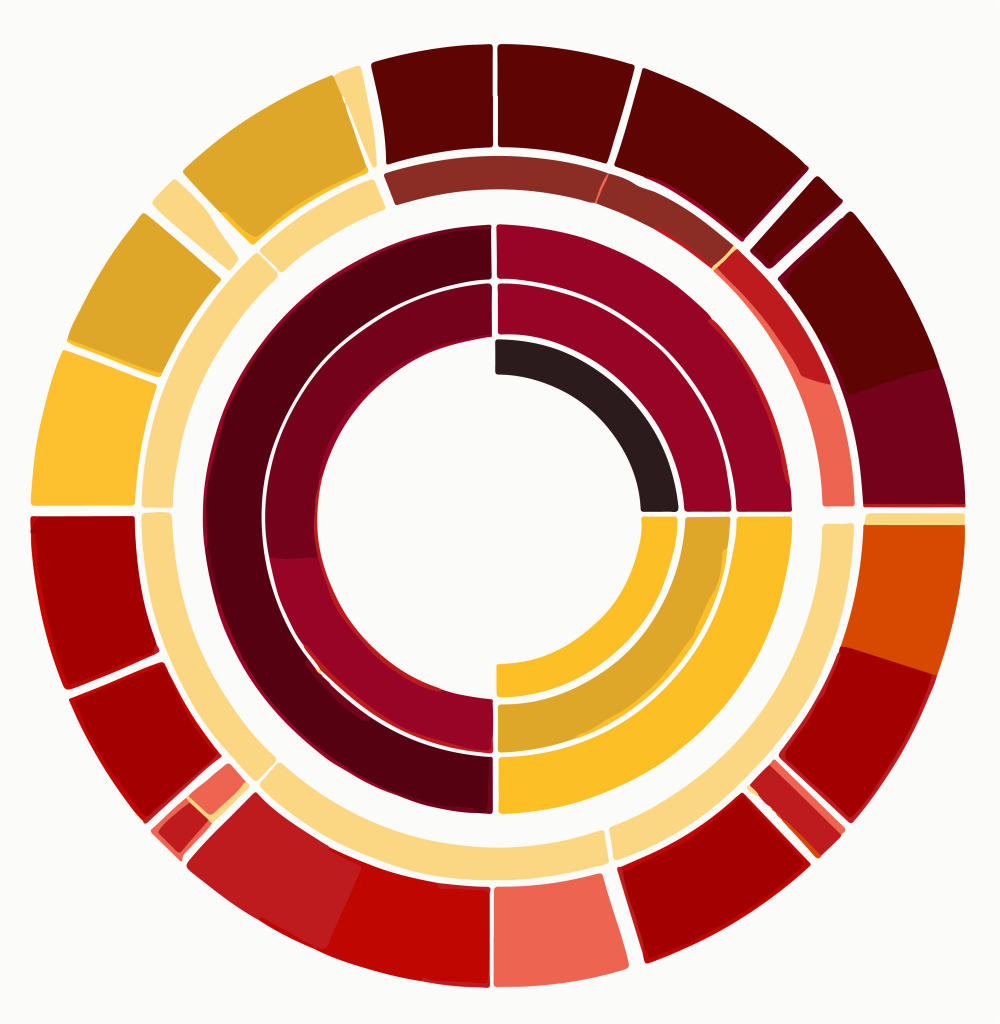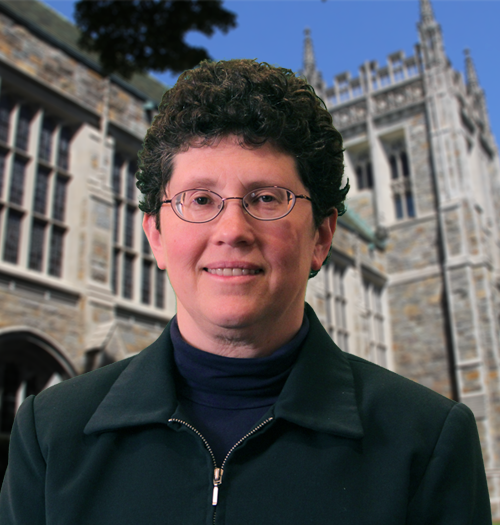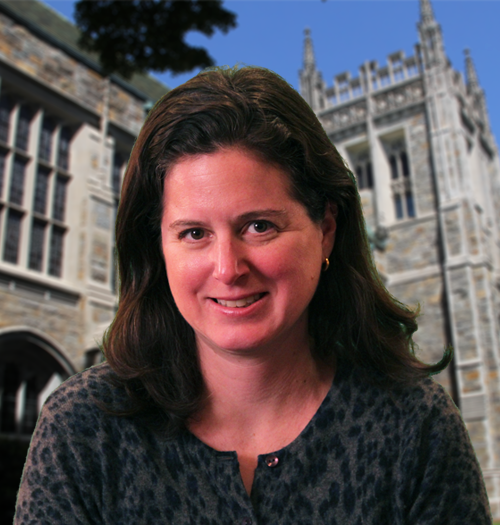Beyond the Shelf: Exploring Overlooked Library Tools
With over 700 databases, 200 library guides, and access to tens of thousands of journals, it’s no wonder that a few resources are overlooked. Here are eight librarians with recommendations for their favorite under-appreciated resources.
Compendex
Why use it?

Compendex’s controlled vocabulary feature cuts through the search noise so you can easily find the articles directly related to your topic. By filtering your results with these terms, you will increase your search accuracy and limit your results, keeping you from information overload. Getting too many results that aren’t related to your topic? Controlled vocabulary can also be used to exclude particular terms you aren’t interested in, simplifying the literature search process.
Who should use it?
While Compendex focuses mostly on Engineering literature, it is also useful for anyone in physics, environmental science, biology, and health sciences. Compendex is a go-to resource for assignments such as research papers, literature reviews, and any project where you need background information or to keep current with what’s happening with your topic.
CQ Voting and Elections Collection
Why use it?

As we are in an election year, this tool will be very useful. You can browse by: Processes, Congressional Elections, Gubernatorial Elections, Political Parties, Presidential Elections, and Voters & Demographics. Find high level overviews, definitions, and election results. Under the “research tools” tab, there is an election map tool that shows you the results of all Presidential elections by state in an easy to understand color coded way.
Who should use it?
Often tools like CQ make life much easier for a researcher at any level because it allows you to find information without sorting through a government website (which can be hard to navigate). I think this tool could be especially useful for studying voting trends going into the next election. Additionally, if a student wanted to review how American Politics works, this tool can provide a lot of background information, especially under the “Political Parties” tab. At Boston College, we have students from all over the world and the political system in the USA may be different from what a student has experienced before. Researchers in the Political Science department will be thrilled to hear you can download election data in CSV and TSV format for use in Excel or Notepad.
Digital Scholarship Group
Why use it?

We have a wide range of expertise that empowers faculty and students to do advanced digital driven research. This expertise includes 3D modeling and immersive, coding and scripting, data acquisition, data management, data visualization, metadata, digital collections and exhibits, GIS/mapping, project management, text analysis, text encoding, user interface (UI), user experience (UX) design, and web development.
Who should use it?
Faculty and students of all disciplines
JoVE
Why use it?

For those who need to see it to believe it (or to learn it!) High quality video content in the sciences, both educational videos and protocol/methods videos.
Who should use it?
Great for faculty to use in their courses, or for students who may have done a lot of their learning on YouTube or Khan Academy.
Oxford Reference Online
Why use it?

This functions as a scholarly Wikipedia, which I promise is not a bad thing to want. It’s a searchable collection of a whole shelf of high quality material for context about almost anything you might be doing research on at BC. A mix of short definitions and longer form articles. I tend to use it most often for looking up unfamiliar terms and people, but it’s also good for getting suggested reading.
Who should use it?
Anyone who (like me most days) is doing research on complicated topics they are new to. This is especially good for the areas I’m responsible for, but it works pretty well whatever your topic is.
Polling the Nations
Why use it?

Polling the Nations is a great tool for finding public opinion data. It’s easy to use, graphically easy to digest, and always up to date.
Who should use it?
I present this resource to Communication students enrolled in the Public Speaking course. Typically there’s an assignment to craft a persuasive speech. Incorporating public opinion research in the presentation package can add a lot of punch to support a particular point of view.
Project Muse
Why use it?

One stop shopping for a plethora of resources from “120 of the world’s leading university presses and scholarly societies”. Full books and chapters add to the usefulness of this sometimes neglected database.
Who should use it?
All disciplines will benefit from Project Muse. I have “surprised myself” by discovering a variety of useful sources I did not expect!
ProQuest Black Newspaper Collection
Why use it?

It’s one of the biggest, most easily searched digitized collections of Black newspapers anywhere, and it spans from 1893-2010. Including: Chicago Defender, The Baltimore Afro-American, New York Amsterdam News, Pittsburgh Courier, Los Angeles Sentinel, Atlanta Daily World, The Norfolk Journal and Guide, The Philadelphia Tribune, Cleveland Call and Post, and Michigan Chronicle. All are in PDF form, so you can see the original context on the page, complete with (searchable) advertisements.
Who should use it?
Anyone interested in 20th century events in the US that includes Black history and perspectives.
Acknowledgements: Many thanks to the librarians named above for their generous contributions, and a tip of the hat to Chat-GPT3 for ten title suggestions, of which this is an amalgam.